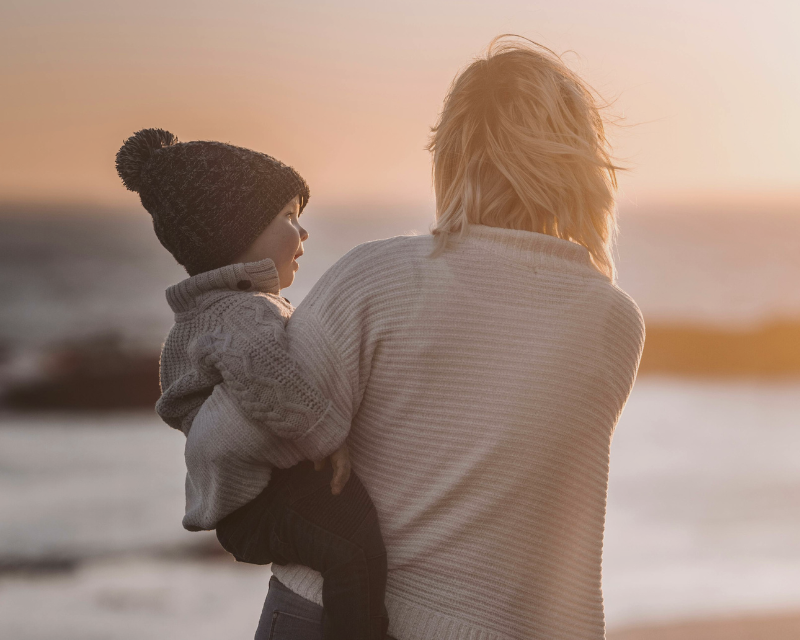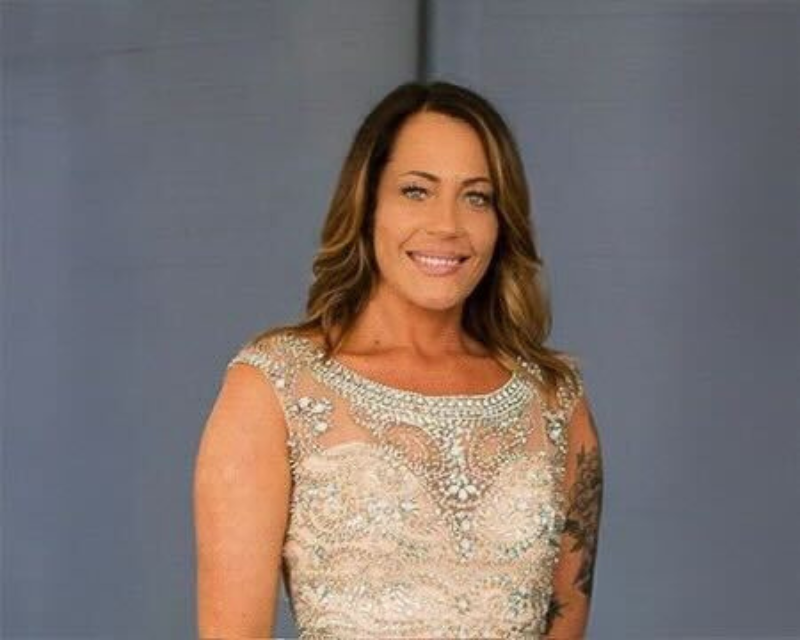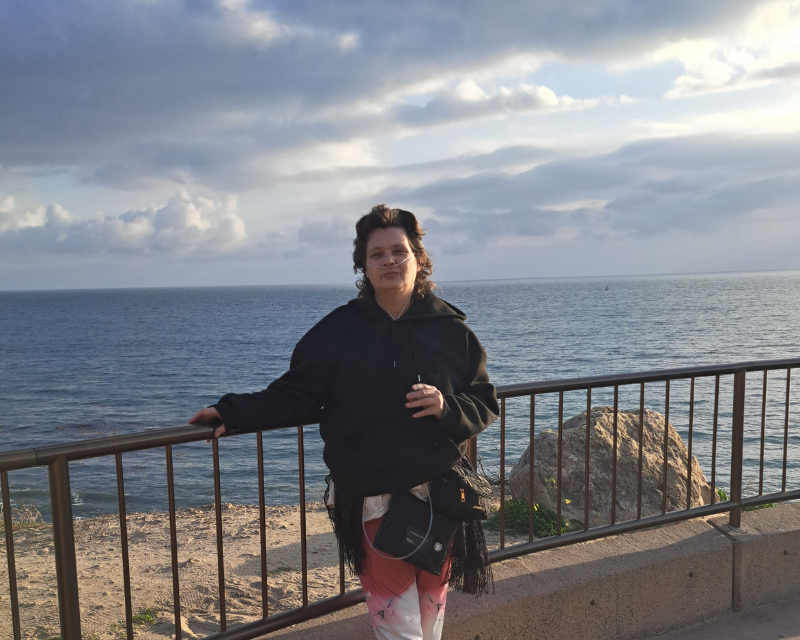
Trafficking survivors aren’t defined only by their exploitation — they play many more roles and carry more identities than survivor. One of the most common identities survivors also hold is mother. Survivors support their families, wanting to see their children thrive. Unfortunately, their ability to care for their children can run into systemic barriers resulting from their trafficking experience.
Often, survivors who are mothers battle for years to regain custody of their children, fighting against a family court system that doesn’t understand human trafficking, and sometimes even punishes mothers for their experience. Empowering survivors to lead healthy, thriving lives should include the right to raise their children, and a family court system that recognizes survivors as loving mothers and parents.
Custody Battles for Trafficking Survivors
Polaris’s National Survivor Study (NSS) examined systemic failures that survivors reported facing when it came to parenting. The data showed that the family law system does not understand or respond appropriately to survivors of human trafficking. Of those survivor respondents with children:
- 31% stated that the state at some point removed or threatened to remove their children from their custody.
- 36% had a custody battle with someone other than the state.
- Of these, 51% of those lost custody.
Of those survivor respondents who were engaged in a custody battle with someone other than the state:
- 30% had a custody battle with their exploiter.
- Of these, 62% lost custody to their exploiter.
“My children were removed as a direct result of my exploitation which I was upfront about but did not have the vocabulary to explain as trafficking. Social Services should have been able to help me disclose but never once brought up that I could be a victim of trafficking.”
Sign up to learn more about human trafficking and how you can help
Family Law Failures and Compounding Harm
These results show that survivors regularly lose custody of their children to others and, in some cases, to their trafficker. Losing custody of children can create further barriers to healing for survivors who are mothers, plus cause additional challenges like deepening financial strain by creating massive legal bills. Analysis by The Avery Center showed pro bono legal assistance for survivors is a “legal desert” with little to no assistance available. This risks both the health of the survivor and the safety of her children, who are often placed into the hands of the same trafficker who exploited their mother.
“Before my experience, I had never even been away from my kids for even four days. After my experience. I couldn’t go home because I dealt with shame, trauma, and an inability to cope with what happened to me, causing me to lose custody of all of my children, as well as appear as abandonment. Social Services was given full disclosure of what happened, yet the guardian ad litem was not informed of any of this and just went off the word of people who had physical possession of the children rather than facts.”
When determining custody rights, family courts may look at things like the criminal records of parents, whether safe housing is provided, and the employment status of the parents. Unfortunately, it does not always take into account the circumstances under which a criminal record was obtained, or why a survivor who is a mother might not have long-term housing or a well-paying job. Forty-two percent of all respondents in the NSS reported having a criminal record, and 90% of those indicated their record was a direct result of their trafficking. Having a criminal record can prevent survivors from achieving stable employment or getting safe housing — or participating in their children’s lives.
Rather than family court providing opportunities for survivors to rebuild their family and life, the system often acts as yet another systemic barrier that keeps survivors down and punishes them for their experience. This is a systemic family law failure that needs to be addressed.
Looking Ahead
Survivors have told us they want to thrive, and that includes providing a safe and healthy home for their children. They have also told us one of the most important things they need to thrive is trust — to be able to trust the systems that are supposed to help them, like family court, and to have others trust that survivors know their own needs better than anyone else.
To help survivors become thrivers, and to fulfill their role as mother, family court systems need to drastically transform their knowledge of human trafficking and listen to survivors when they explain their situation. More resources are also needed to help bridge the gap between the survivors’ needs and available pro bono legal assistance. To help us make this case, you can learn more about the issue in our NSS brief. If you are a survivor looking for legal help, you can also contact ALIGHT and view their legal services and resources.
Stop human trafficking today
Help fix the broken systems that make trafficking possible so we can prevent it from happening in the first place.



